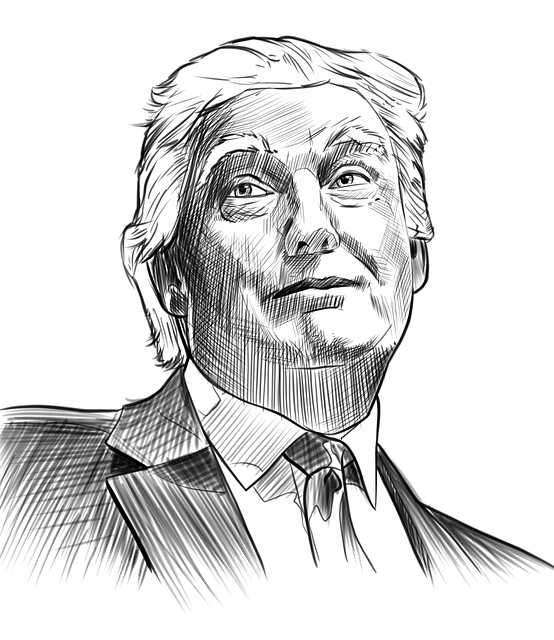Trump’s Business Ties and the Constitution’s Emoluments Clause

The legality of President Donald Trump’s vast business ties is governed by a clause of the U.S. Constitution that most Americans have never heard of and few legal scholars agree on. The clause prohibits government officers from accepting emoluments, which is a fancy way of referring to money or something else of value, from foreign governments.
Interpreting the Emoluments Clause
The Emoluments Clause of Article I, Section 9 of the Constitution provides:
No Title of Nobility shall be granted by the United States: And no Person holding any Office of Profit or Trust under them, shall, without the Consent of the Congress, accept of any present, Emolument, Office, or Title, of any kind whatever, from any King, Prince, or foreign State.
The basic gist is that federal officials can’t receive money, gifts or anything else of value from a foreign power. However, the proper interpretation of the Emoluments Clause is up for debate, particularly how it applies to the Office of the President. The Framers did not debate the clause extensively. However, during the ratification debates, Edmund Jennings Randolph did reference the Emoluments Clause, stating:
There is another provision against the danger mentioned by the honorable member, of the president receiving emoluments from foreign powers. If discovered he may be impeached. If he be not impeachable he may be displaced at the end of the four years . . . I consider, therefore, that he is restrained from receiving any present or emoluments whatever. It is impossible to guard better against corruption.
Randolph clearly broadly interpreted the clause as applying all the way up to the presidency. As highlighted by the Brookings Institution, presidents from Andrew Jackson to President Barack Obama have also adopted this view and taken steps to comply with the Constitutional provision.
However, because there is no existing Supreme Court precedent on the issue, some legal scholars argue that the president does not hold an “Office of Profit or Trust.” Others disagree about what qualifies as an emolument. As a result, there is arguably no bright-line rule that Trump must follow.
“The Supreme Court has never squarely considered the scope of the clause, and there are no historical analogies to help understand how it should apply to a president who owns a sprawling international business empire,” Adam Liptak aptly noted in the New York Times.
Trump’s Ethics Plan Under Fire
Trump recently announced his ethics plan, which calls for transferring his assets to a trust. Trump will also hand over control of his enterprises to his two sons, Eric and Donald, Jr., and another business executive. Trump’s company will also hire an ethics officer to vet new deals. Trump also plans to voluntarily donate all profits from foreign government payments made to his hotels to the United States Treasury.
Many critics argue Trump’s ethics plan does not go far enough. One of them is Walter Shaub, Jr., who serves as director of the Office of Government Ethics. Shaub believes that Trump should divest his assets rather than just relinquish control of his companies. “It’s important to understand that the president is now entering the world of public service,” Shaub said. “He’s going to be asking his own appointees to make sacrifices. He’s going to be asking our men and women in uniform to risk their lives in conflicts around the world. So, no, I don’t think divestiture is too high a price to pay to be the president of the United States of America.”
In support of applying a strict conflict of interest policy to the presidency, even in the absence of regulations, Shaub cites Justice Antonin Scalia. Forty years ago, and before he joined the bench, Justice Scalia wrote that the president should follow the same ethics rules that apply to lower-level government officials: “Failure to observe these standards will furnish a simple basis for damaging criticism, whether or not they technically apply.” Ironically, Trump has routinely praised Justice Scalia and even stated that his own nominees would be modeled after him. Now that this memo has been unearthed, he may no longer be a fan.
Donald Scarinci is a managing partner at Lyndhurst, N.J. based law firm Scarinci Hollenbeck. He is also the editor of the Constitutional Law Reporter and Government and Law blogs.










Leave a Reply